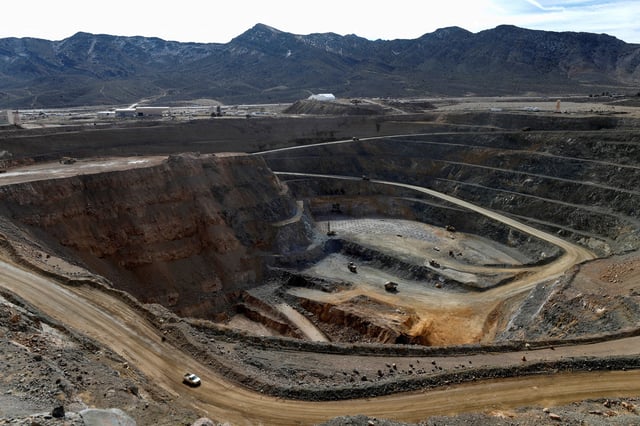Overview
- China's licensing restrictions on seven medium and heavy rare earth elements, including terbium and dysprosium, have caused supply disruptions and price surges globally.
- MP Materials, the sole operator of the U.S.'s only rare earth mine, has ceased ore shipments to China and is expanding on-site refining capabilities to mitigate dependency.
- The price of terbium has surged 24% since late March, reflecting the immediate market impact of China's export controls.
- The U.S. and allies are accelerating investment in rare earth mining and processing projects, but regulatory and technical challenges mean results will take years to materialize.
- China's dominance in rare earth production and processing, controlling 90% of global processing capacity, continues to pose a strategic challenge for U.S. defense readiness and technology industries.


